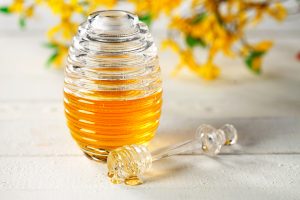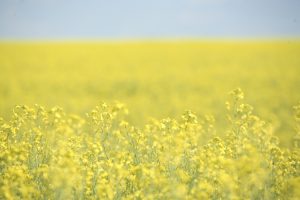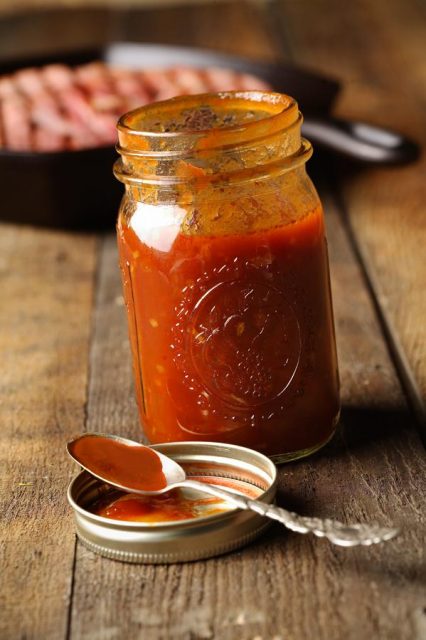Bees + Canola = Honey
 Simply put, canola is good for bees, and bees are good for canola. Together, they are good for the health of our ecosystem and our economy.
Simply put, canola is good for bees, and bees are good for canola. Together, they are good for the health of our ecosystem and our economy.
The Canola Industry and the Canadian Honey Council are working together to maintain this mutually beneficial relationship. As we foster communication and co-operation, both the canola and honey industries will continue to grow and thrive in Western Canada.
Watch Canola & Bees: A Sweet Relationship to learn more
Why Bees Love Canola
Canola is an ideal habitat and food source for honeybees:
- Canola flowers produce high amounts of nectar and this nectar has a good sugar profile for honey production.[1] The large amounts of pollen offer a good nutritional balance of amino acids and protein.[2]
- Plentiful canola blooms allow bees to feed efficiently, without covering large distances. Canola fields bloom for relatively long periods, so one field can provide bees with a good source of nectar for up to a month.
- Canola honey is preferred by consumers. The light colour and mild flavour make canola honey a top choice in the marketplace.[3]
Why Canola Loves Bees
Bees can have a positive impact on canola production. Pollinators, such as bees, are needed for production of quality hybrid seed – a vital component of the industry.
Research suggests pollination by bees may also:
- Encourage higher yields
- Promote more uniform flowering and earlier pod setting[4]
- Increase the number of pods per plant and seeds per pod, as well as the seed weight[5]
Watch Canola & Bees: Producing Premium Honey to learn more:
Bee Health in Western Canada
 In the past decade, the number of honeybees in Canada has reached near-record levels (more than 700,000 colonies Canada-wide in 2012, up from 600,000 in 2000[6]).
In the past decade, the number of honeybees in Canada has reached near-record levels (more than 700,000 colonies Canada-wide in 2012, up from 600,000 in 2000[6]).
More than 70 per cent of these colonies are in Western Canada, where canola has become one of the most important crops.
The health of hives in Western Canada remains high as these two industries grow in close proximity.The overwhelming majority of beekeepers have reported no problems with canola production practices.
Beekeepers seek out canola fields because they are such a good nectar/pollen source, and canola growers know it is in their own best interest to protect this mutually beneficial relationship.
Watch Bee Health to learn more:
The videos and content for this post was brought to us courtesy of the Canola Council of Canada.
Bee Well…Jenn

